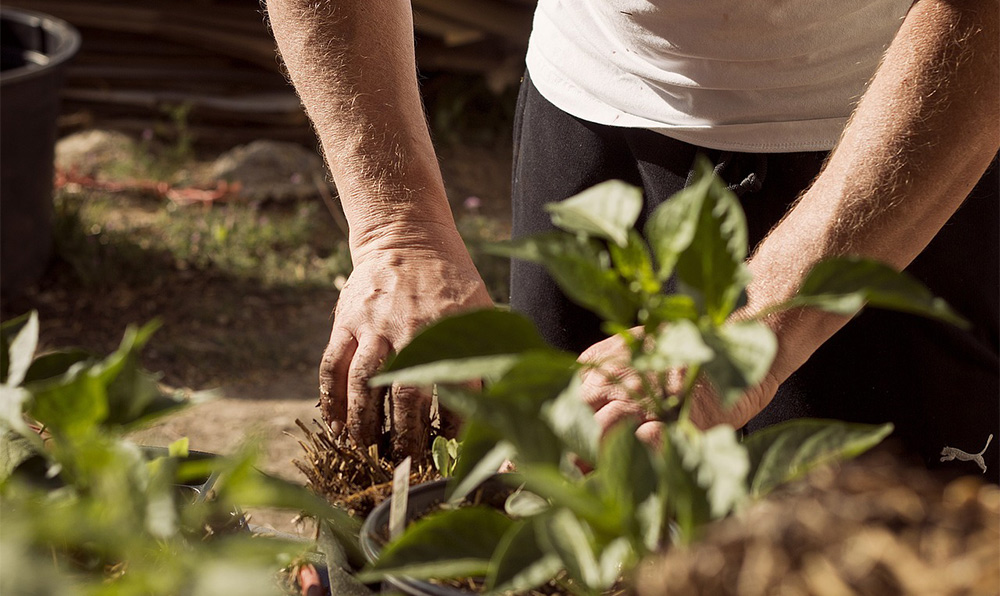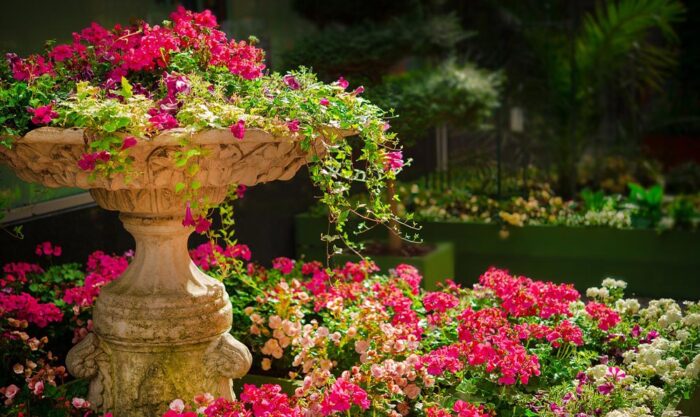
Interested in Gardening? Here’s How to Take Proper Care of Your Plants
Dive into the world of green thumbs and blooming buds! Whether you’re a novice or a seasoned gardener, caring for your plants is a journey of learning and love. Follow these essential tips to ensure your garden flourishes, transforming your space into an oasis of growth and tranquillity.
Do Your Homework
Before you begin planting, understanding your garden’s specific conditions is crucial. Research helps you to identify which plant species will thrive in your environment, considering factors like climate, soil type, and sun exposure. Growing a spectacular Pink Ball Tree can only be done if you know how to provide the perfect soil and amount of water it needs. Additionally, knowledge of the growth patterns, water needs, and potential pests and diseases can prepare you to address issues proactively.
A well-informed gardener is akin to a skilled caretaker, equipped to foster a healthy, vibrant ecosystem. By diligently researching, you ensure that your garden not only survives but also prospers, providing a lush and rewarding experience for both you and the natural world around you.
Pruning and Maintenance
This job is essential for maintaining healthy plants because it will allow them to breathe and access more light. Here are some tips to improve the process:
- Know your plants
- Use the right tools
- Timing
- Remove dead or diseased branches
- Shape on thin
- Prune for growth and flowering
- Avoid over-pruning
- Clean up debris
- Dispose of pruned material properly
- Monitor for regrowth
Pruning maintains plant health by removing dead or diseased branches, promoting air circulation and sunlight penetration. It also stimulates growth and flower production, while shaping plants for a tidy garden appearance. Proper pruning and maintenance are vital for the vitality and aesthetics of a garden, ensuring plants live longer and landscapes remain beautiful.
Weeding and Pest Control
Weeds compete with plants for essential resources like sunlight, nutrients, and water, often to the detriment of your desired flora. Regular weeding removes this competition, allowing your plants to flourish.
Similarly, pests can cause substantial damage; they may spread diseases, inhibit plant growth, and reduce yields in fruit and vegetable gardens. Implementing effective pest control strategies protects the integrity of your plants, ensuring they can grow to their full potential. These measures are vital for sustaining a thriving, vigorous garden ecosystem.
Fertilizing
Fertilizing is a critical step in nurturing a garden as it replenishes essential nutrients and ensures plants receive the food they need to grow robust and healthy. Plants deplete the soil of its nutrients over time, especially if the garden supports a variety of flowers and vegetables. Regular application of a well-balanced fertilizer provides necessary compounds like nitrogen for leaf growth, phosphorus for root development, and potassium for overall vigour.
By replacing these lost nutrients, fertilizing helps to maintain soil fertility, promotes lush foliage, encourages vibrant blooms, and can increase the yield of fruiting plants. Without timely fertilization, plants can become stunted and more susceptible to disease and pest infestations.

Your green sanctuary awaits! With these tips, you’re ready to cultivate a flourishing garden. Remember, patience and consistent care are your best tools. Happy gardening, and may your hands always be dirt-stained and your heart full with the joy of growth!









